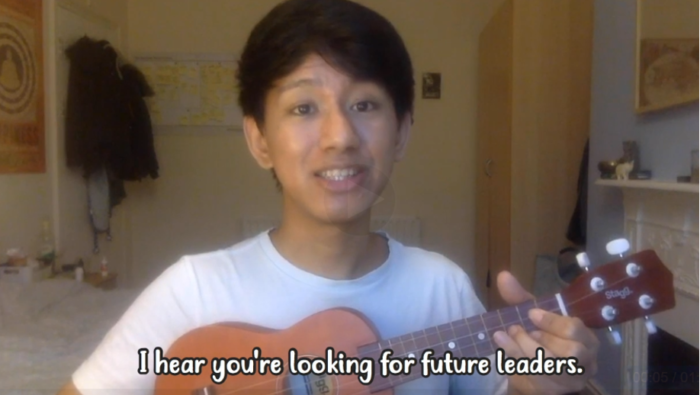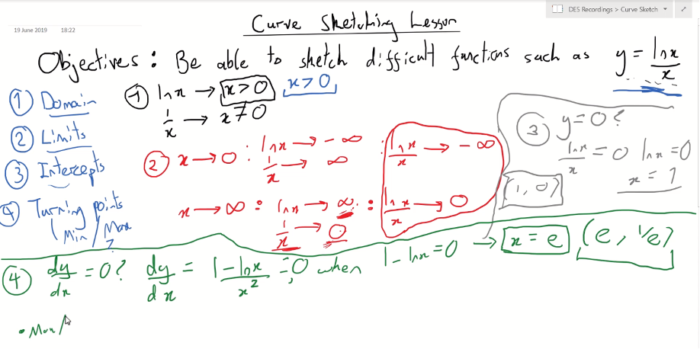The Student Voice: Digital Stories
Enabling our students to creatively showcase their digital skills is a key part of the University’s strategic drive to promote digital education as outlined in the Digital Literacy Framework. Flexible assessments, co-creation of educational resources, and the adoption of digital CVs provide opportunities for students to extend their digital skills in preparation for the real world.
What did you do? Why did you do it?
I have always been interested in collating case studies from across the University in which the student digital voice is creatively amplified. My motivation is to highlight these stories to encourage staff to consider the use of technology to allow students to create their own digital content. The benefits of this can be clearly evidenced in some of the case studies below.
Firstly, hear how the Study Abroad Team adopted a new approach for the submission of student digital CVs via a Mediasite channel specifically set up for the project. Over 113 students applied for 12 places to study in South Korea in partnership with the Korea Advanced Institute of Science Technology. Students submitted a 2–minute video outlining their personal reasons and suitability for the role. Ciara Middleton, Study Abroad Adviser, reported that many students felt empowered by this process as they were able to convey their enthusiasm, creativity and personality through sharing their digital stories.

View Abinav’s Story and Mediasite: judging student digital applications to study abroad
Bryan Matthews, Lecturer in the Institute for Transport Studies, has designed a more creative and flexible approach to assessment by encouraging students to submit visual podcasts (short films about transport) instead of a traditional essay. Clearly defined learning outcomes and rubrics were designed to support the students including; Organisation and synthesis of information, quality of argument and overall podcast design.
Bryan’s colleague, Maria Seijo Richart, played an important part in advising students about the theoretical and technical aspects of creating their content. Maria ensured that students understood issues such as copyright, intellectual property and academic integrity before they recorded their podcasts. Students have benefitted from undertaking this type of assessment because they have learned new transferable skills that highlight the interdisciplinarity of their subject. In fact, Bryan comments on the “joy of having something different to assess.”
Hear more on Student Podcasts for Creative Assessment
Finally, students are creating their own digital content to support peer-to-peer learning. Hear how Patrick Fox from MaPs created screencasts on mathematical problems by narrating over PowerPoint presentations and annotating over them with the help of a Wacom tablet and stylus. This not only helped students to understand challenging concepts but it developed Patrick’s digital skills as a mentor. Patrick used his experience to secure future positions, and a career in teaching.
Hear more about his project in an interview with Luke Haywood from IT Services: Screencasts for Learning and Teaching – a student perspective . You can see one of Patrick’s earlier drafts whilst developing his skills on Curve Sketching and a guide he wrote on the process as part of his Student Digital Champion role: Screencast How-to Guide

Figure 1: Example of Patrick’s Curve Sketching Lesson
How could others benefit from this example?
The unfortunate train of events of 2020 has transformed how we teach and learn in an incredibly short space of time. The hybrid concept of learning outlined in the Student Centered Active Learning Approach (SCALA) offers effective pedagogical principles to help us focus on the student journey. The technology is available and evolving all the time, the support is available, the pedagogical benefits are clear; therefore, let’s explore more ways in which our students’ creative voices can be heard.
By Beth Snowden, b.snowden@leeds.ac.uk
Do you have an example of your practice to share?
If you are interested in submitting an article to the TIPS Blog find out how to submit here, or contact the TIPS Editors at academicdev@leeds.ac.uk.
